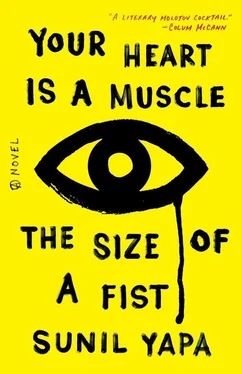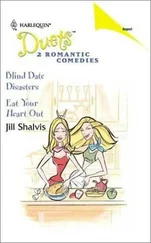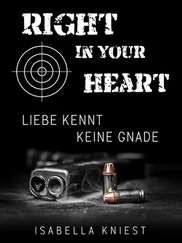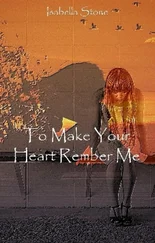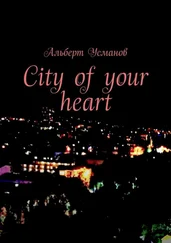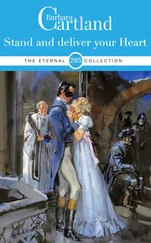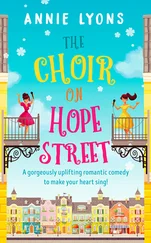Perhaps it was excessive for a man his age, but he took a steady pace. He was a man of steady pace if nothing else. How else to do what he did? The Deputy Minister of Finance and Planning, specially appointed for Sri Lanka’s entry to the WTO. To negotiate trade among the asymmetries of global wealth — it was a bit like navigating a coral reef in your bare feet. The bright darting bait. The razor’s edge. The sharp-nosed predators lying back in their dark.
He visited the Four Tigers, and the Celtic Tiger and the BRICS. Tea with Mandela in a free South Africa. Can you believe it?
And, of course, last but not least, most visited, in fact, in the five years, the empire that had once ruled his own: the United Kingdom. Leaden London, murky around the edges like a watercolor portrait of the Queen.
People were sneering at his suit and blocking his way. The crush of bodies pressing on him, buffeting him from all sides. Without much thought he pulled out his passport.
“Let me through!” he said, waving it above his head. “I am an international delegate!”
It had been quite a holiday. A five-year holiday with wine and photos and the ever-present threat of a massive heart attack because the stakes were nearly unbearable. Just one “no” vote from any of these men, or their representatives, would veto Sri Lanka’s entry. One no. It was a kill shot. Like walking through the tall grass with forty long barrels trained on your soft parts. Forty bwanas waiting for the step that will reveal your heart. Christ. The patience required to placate these men and their oversized demands. The diplomacy. The charm and deep duty of international negotiations.
One more. One more signature. And who could it be but the Americans? Well, Clinton had agreed. All we need is his signature. Five years, five long years, and it’s nearly done.
A soft glob of some human fluid arced from the crowd and landed warm on his cheek. He recoiled as if shot. He was finally beginning to see the individuals in the crowd — a rain-soaked woman, hair plastered to her forehead; a heavy man with a mouth like a fish, water beading on his glasses. A man filming the whole thing on a handheld video recorder the size of a small book. He was tall and pale with dark unwashed hair and a serious face, wearing a jean jacket and sandals with socks, and he turned and yelled into the crowd, “Don’t spit on the delegates, you assholes.”
“Thank you,” Charles said. He replaced the passport and removed his pocket square and dabbed delicately at his cheek.
“Now, if you will excuse me, I must get through.”
“I’m sorry, I can’t let you do that, sir.”
He replaced the pocket square.
“Thank you, but I have meetings which begin shortly.”
“I know. We canceled your meetings.”
“You did what?”
“We canceled them. Sir.”
“You canceled what? My meetings? No, I don’t think you understand.”
But even as he said it he knew. It’s you, Charles, that doesn’t understand. He was seeing the scene, the motley assortment of faces, some angry, some listening, some formless and questioning; he was seeing the line of cops on the north side of the intersection in their leather and shields; seeing it all, but it was as if he were blind to some essential element. He knew suddenly that despite the apparently normal functioning of his eyes, he was seeing nothing at all.
“But you and I,” he said, “all of you,” he said, gesturing to the people, “we’re on the same side.”
The man laughed. “You’re a delegate.”
“Yes. Yes. I am a delegate. I am the delegate from Sri Lanka. That is exactly why I’m here.”
“Oh shit.” The young man in the denim jacket seemed very worried. He said, “Oh, fuck. I’m so sorry. Is that even the thing to say here? We’re out here to protect countries like yours.”
Charles nodded, thinking, Protect countries like mine? What did he imagine the Third World to be? This man with his denim jacket, his sandals and socks, his greasy brown hair. Did he picture a world without universities, without scientists and politicians, without writers and thinkers? What did he see there in his mind? A world of horses and hand-pulled carriages? Broken-limbed beggars howling at every turn? Did he see a wasteland devoid of taxis and buses and the straight-backed men and women to stand and hail them?
As if every soul that had ever breathed the air of Sri Lanka — the Third World — had lived a miserable ill-begotten life. Died a nameless unremarked death. Charles looked around. It was a strange idea. Did these people imagine America to be a place lacking in sorrow? Suffering?
And yet, there was something distinctly American about it all, a fundamental difference in perspective and place — in how they saw themselves in the world. And this was what made it so American — not that they felt compassion for mistreated workers three continents away, workers they had never seen or known, whose world they could not begin to understand, not that they felt guilty about their privilege, no, not that either, but that they felt the need to do something about it. That they felt they had the power to do something about it. That was what made it so American. That they felt they had the power to do something — they assumed they had that power. They had been born with it — the ability to change the world — and had never questioned its existence, an assumption so massive as to remain completely unseen. The power and the responsibility to protect the people they imagined as powerless. The poor defenseless people of the Third World.
He felt a sudden queasy sadness. What if they knew what a real revolutionary was? How bloody is a real revolution. He looked around, suddenly feeling the need to sit, and saw nothing but their faces, their round wet faces staring back at him.
What a violence of the spirit to not know the world.
* * *
As a child Charles had known the geography of London as well as he knew the lanes of his own town. Piccadilly Circus. Waterloo Station. In his childhood dreams he had wandered Trafalgar Square, admiring the stone lions beneath Nelson’s Column as though he were one accustomed to such sights. Easily, he had imagined himself walking along the Thames, the water sparkling in his imagination in a way it surely never had in reality. Buckingham Palace. The black-and-white photos of the Queen and her children — the Royal Family — published in the daily newspaper. He remembered running his fingers over the grainy photo until the tips were stained black with ink, touching the Queen’s face, shattered somehow as only a child born in a colony can be by the unfathomable distance between himself and civilization.
Civilization. That faraway thing at the center of it all. That bright candle guttering in the boundless dark.
The young man in sandals and socks — Charley said to him and to the gathered crowd, “I’m not a rich man. I don’t love money, I love my people and I want to change the system just as much as you do. But you have to change it from the inside. Will you let me do that? Will you let me through, so that I can go to work?”
The young man considered, while Charles waited with a small humble smile, his hands resting palms together. He was as surprised as anyone when the young man put down his camera and wrapped him in a clinching heartfelt hug.
They swayed in the rain.
And then the air exploded.
A series of deafening reports which blew apart the day. He instinctively hunched and covered his head. Flash memories of 1983. City buses flying to pieces. Air filled with ball bearings and nails. But this wasn’t Colombo and this wasn’t 1983 and this wasn’t a civil war and this wasn’t suicide bombs.
Was it?
Читать дальше
